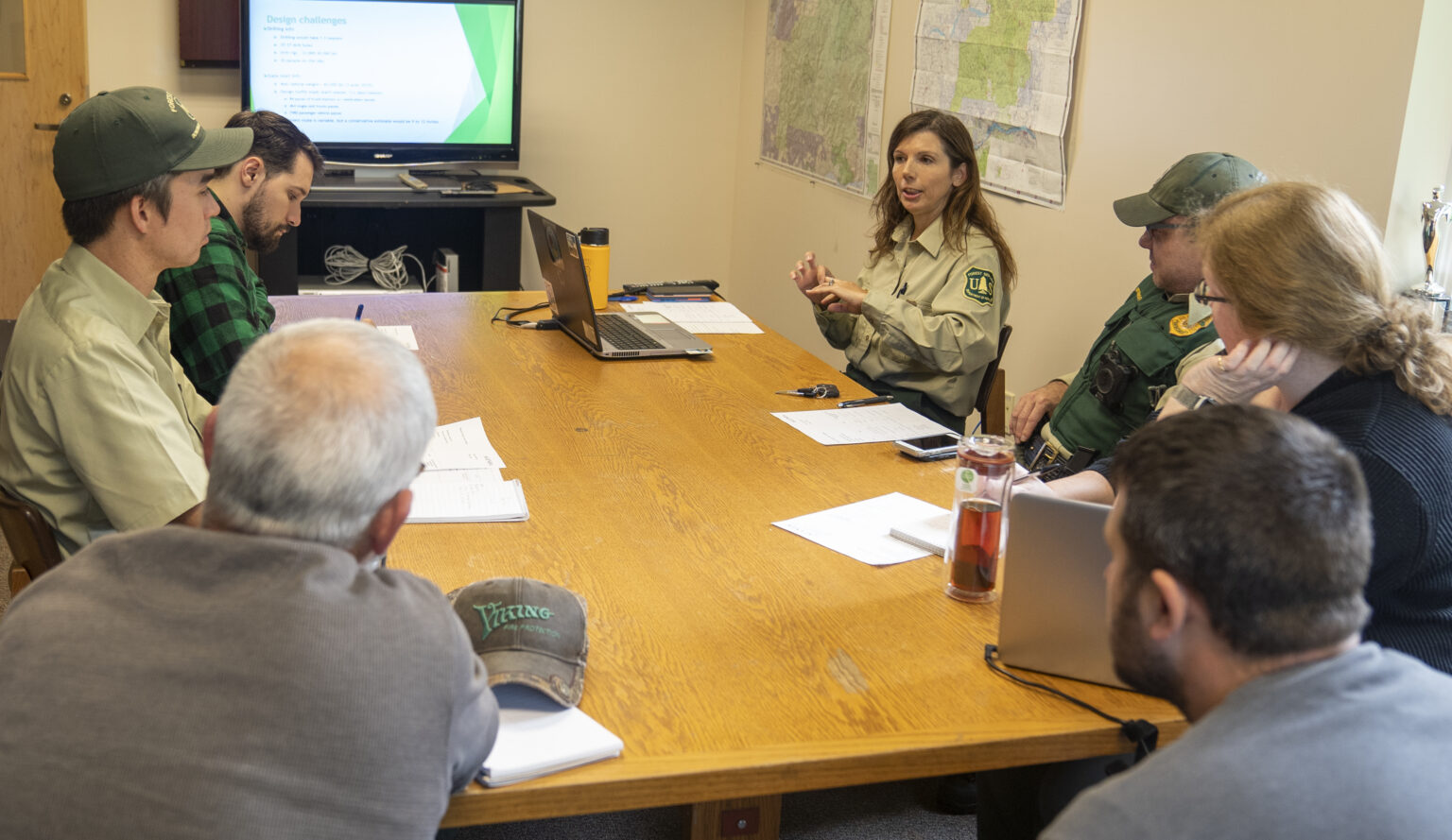Political notebook: Insurgents surge, Kristof cash, and a manual ballot fix
Published 12:54 pm Thursday, May 12, 2022

- vote
Despite having more than a third of the ballots in Oregon likely already cast, the May 17 primary election continues to generate controversy, campaign cash and colorful notes.
More Oregonians have made their choice
Trending
With five days remaining, up to 38% of ballots have already been returned. The Secretary of State reports 383,163 ballots received as of Thursday. That’s 13% of ballots sent out statewide. But based on the 2018 turnout, it would be more than 38% of votes in 2022.
Turnout was behind the 2018 election, but projections are difficult to make because of the increase in total registered voters.
The largest growth has been among “non-affiliated” voters who primarily were registered while at the DMV for licenses or other activities. Democrats and Republicans hold closed primaries, which excludes the non-affiliated voters from casting ballots for governor, Congress and the legislature.
The 2022 election is also the first with a postmark law that allows any ballot bearing a May 17 postmark to be counted up through May 24.
Cook Report says Schrader falls behind in re-election bid
A top political forecaster reported Thursday that key internal Democratic polls show U.S. Rep. Kurt Schrader, D-Canby, losing the May 17 primary to challenger Jamie McLeod-Skinner, a Terrebonne attorney.
Trending
In an article titled “May Massacre,” the Cook Political Report cited “multiple sources familiar with new polling data” that two moderate Democrats were in danger of losing re-election primary elections this month.
“Kurt Schrader (OR-05) and Henry Cuellar (TX-28) are now trailing progressive opponents in their May 17 primary and May 24 runoff, respectively,” wrote Dave Wasserman, the Cook Report’s analyst of House races.
“Their ousters could not only decimate Democrats’ centrist ranks but enhance GOP takeover chances in their single-digit Biden seats.”
The Cook Political Report noted that both Republican and Democratic incumbents were running up against a sour national mood unfriendly to officeholders of both parties.
“Across the spectrum, voters are restless,” Wasserman wrote. “On the right, moderate GOP House incumbents are contending with an angry former president who wants to purify the party of people who have crossed him. Democratic primary voters are furious over the possible end of Roe v. Wade. And voters of all stripes are anxious about everything from the cost of gas and groceries to infant formula shortages and instability abroad.”
Johnson ramps up for governor’s race on Nov. 8
While 15 Democrats and 19 Republicans push through to the end of their party’s races for governor, a candidate planning to skip the primary is gearing up a major petition drive to make the November ballot.
Former Sen. Betsy Johnson, D-Scappoose, needs to gather 24,000 valid signatures by the end of August to submit to the Secretary of State. If verified, she would run as a non-affiliated candidate on the Nov. 8 ballot.
Johnson, a Democrat whose father was a prominent Republican legislator and mayor of Redmond, is staking out the ground between the two parties.
Her website now includes digital petitions that can be used by voters to assist the drive to get her qualified for the ballot.
The website also has a gift shop. Johnson is known for wearing large glasses — which are used prominently in her campaign materials. A portion of her website now sells T-shirts, coffee mugs, iPhone cases, and other items festooned with the big eyewear symbol.
While Democrat and Republican candidates are expected to exhaust their campaign funds to ensure victory on Tuesday, Johnson will start the general election with the biggest war chest: $5.8 million.
The major party candidates can expect additional support once they become their party’s nominee and national funds flow into their coffers. Johnson will go it alone — but is getting help from Nike founder Phil Knight, who has contributed $1.75 million to her campaign so far.
Kristof backs ouster of Yamhill commissioner
The political action committee of former New York Times columnist Nicholas Kristof has remained relatively quiet since the Oregon Supreme Court ruled Feb. 17 that he didn’t meet the Oregon residency requirement to run for governor in the Democratic primary.
The Nick for Oregon PAC has paid off campaign bills, but still has over $1 million sitting in its account.
In his first large financial foray back into Oregon politics, Kristof late last month gave $10,000 to progressive Doris Towery’s bid for Yamhill County Commissioner against conservative incumbent Mary Starrett. Kristof lives on a farm in Yamhill County, where he grew up before embarking on an international journalism career.
Blurred ballots in Clackamas will be fixed by hand
Secretary of State Shemia Fagan issued a statement Thursday backtracking on a quip made during Wednesday’s news conference on how ballots with blurred bar codes issued in Clackamas County would be fixed by machine duplication.
“No one is in there filling in bubbles by hand,” Fagan said.
Fagan spokesman Ben Morris said Thursday that in fact, one Democrat and one Republican will together create the duplicate ballots by hand, marking votes with a pen.
“Clackamas is doing it manually,” he said. “When they receive a ballot that won’t scan, the voters’ intent will be transferred by hand to a new ballot.”
One person will read the ballot, while the other marks the corrected blank spot on the duplicate. They will then switch roles and proof-read the ballot.
“The original ballot will be retained and indexed to match it to the corresponding new ballot,” Morris said. “The new ballot will be put back into the counting machines to be tallied.”





